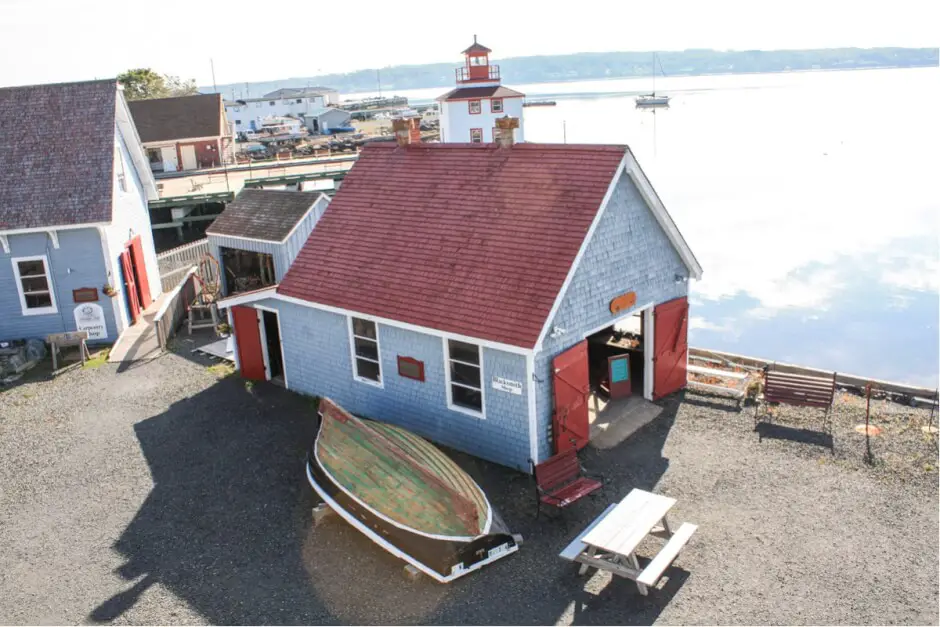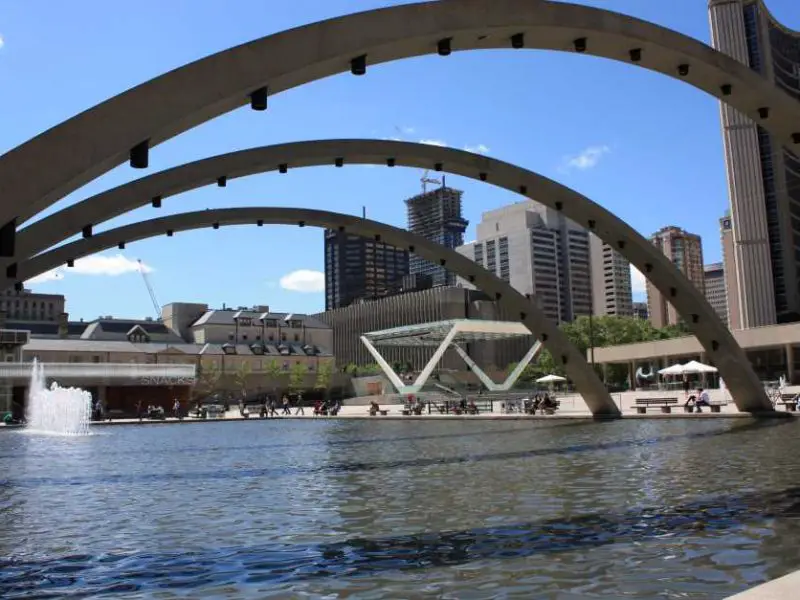The "Hector" in Pictou Nova Scotia
We had never heard of Pictou before our visit. We also did not associate the place with developments in Canadian history. The place played a role in the history of the Atlantic provinces in Canada, which changed them. This is where the first immigrants from Scotland came ashore at the end of the 18th century. While everyone in the United States is talking about the Mayflower and the Pilgrim Fathers, the Scots in Nova Scotia, which is ultimately named after them, don't seem to play that big a role. Maybe it's because of the expulsion of the Acadians a few years earlier? I dont know.
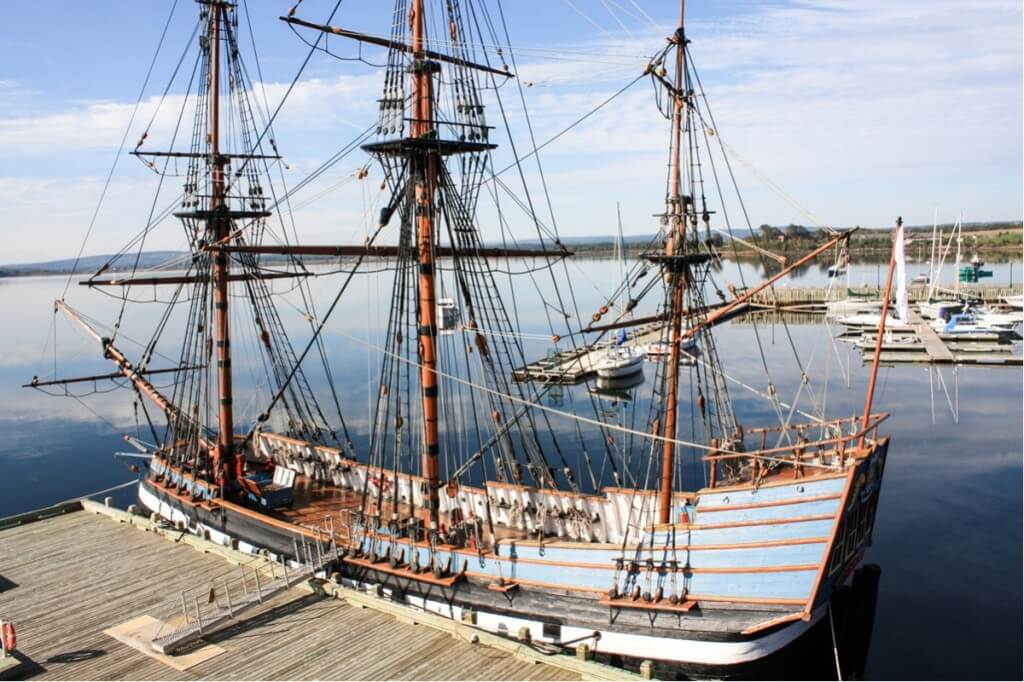
In any case, the history of the Scots in the Atlantic provinces is a subject that we rarely encountered on our travels through Nova Scotia, New Brunswick and Prince Edward Island. Reason enough for us to take a closer look at it. If you try, you can definitely find traces of the Scots in this province. We even discovered several in Pictou.
The first Scots in Pictou Nova Scotia on board the "Hector"
The port of Pictou in Nova Scotia is commonly considered to be the place where the first group of immigrants from Scotland arrived in the Atlantic provinces. In 1755 the British had forcibly deported the Acadians (French) from the region. Only a few of them had managed to flee to the forests off the coast. The colonial power Great Britain then wanted to strengthen its presence in this area and advertised, especially in Scotland, to mobilize immigrants. The first group of Scots reached the port of Pictou in 1773 on board the "Hector". In the meantime, the sailing ship with which they crossed the Atlantic has been reconstructed. You can visit it today. There is also a visitor center that presents the passage of the Scots on board the sailor.
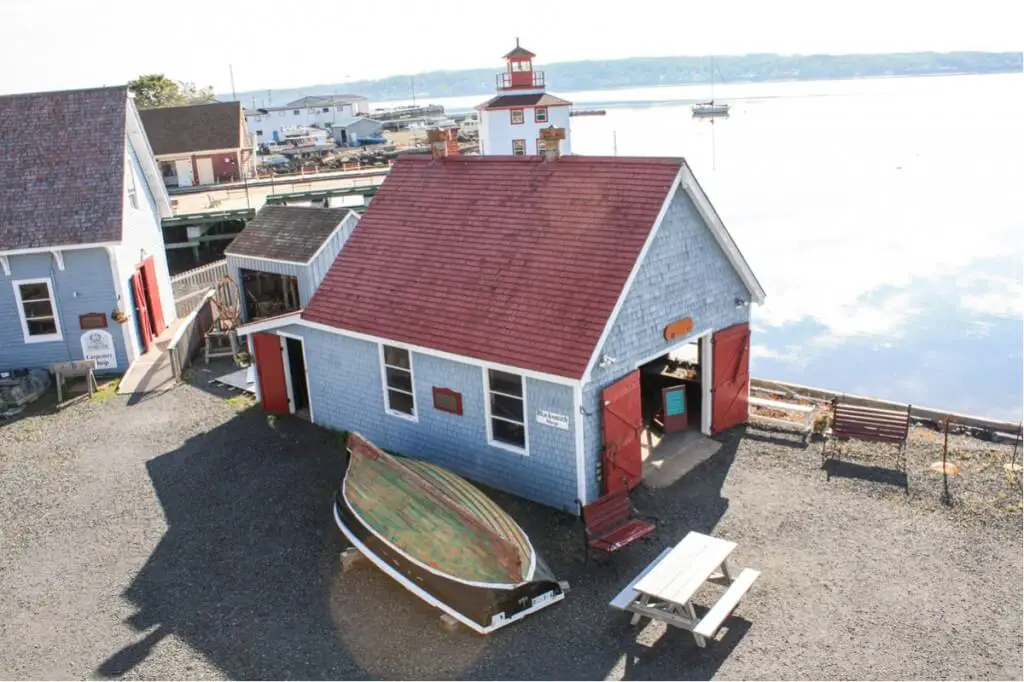
Looking at the dense forests that cover parts of Nova Scotia away from the villages, I realize that the beginning in these regions could not have been easy. The Scots were already not favored by fate in Europe. They had many reasons to make a living in the New World. They were hardworking people who were used to "biting through". So they set out to make Nova Scotia what it is today. A land of fishermen, farmers and artisans who made their life out of the wilderness.
Information on the "Hector" and the first Scots can be found here
The McCulloch House in Pictou NS
An immigrant from Scotland, Reverend Thomas McCulloch, left his mark on Pictou. He set out for Canada in 1803, a few years after the arrival of the "Hector". Originally, he and his family had planned to continue on to Prince Edward Island. There he wanted to work as a priest in a congregation of Presbyterians. However, the people of Pictou quickly realized that he was a learned man. They convinced him to stay in their place. McCulloch spent the rest of his life in Pictou.
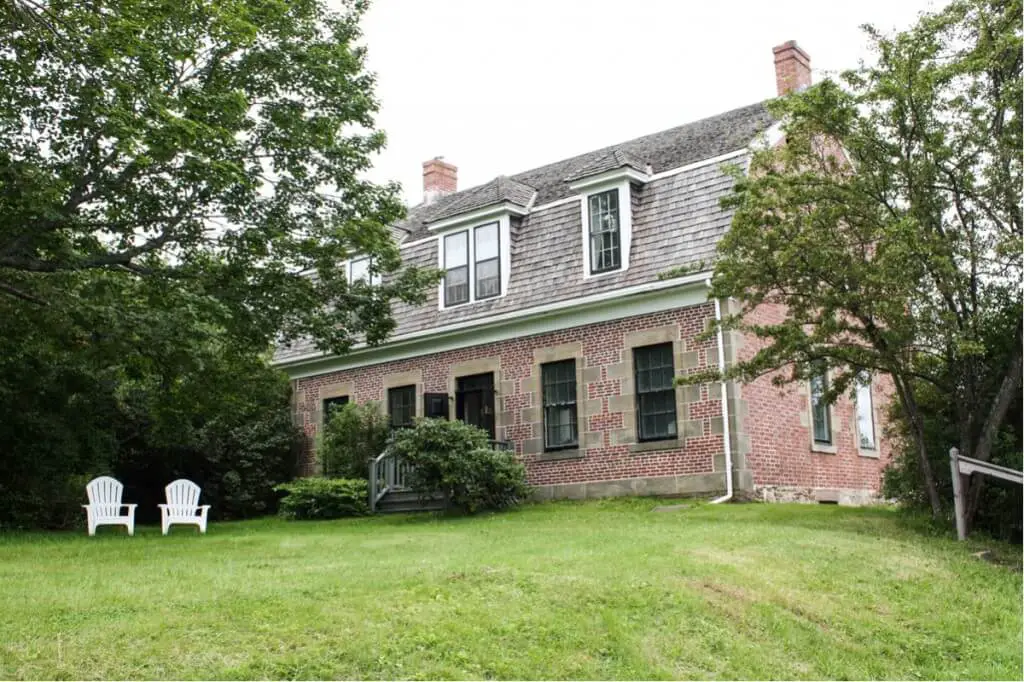
He was a priest, educator and reformer, and liked to assert his modern views against the resistance of the power apparatus. McCulloch built a house in Pictou where he and his wife Isabella raised their family. To give his children and the children of Pictou an education, he set up a school in his house. This was soon too small. A school house was built to accommodate the number of students.
This burned down and was rebuilt. In 1816 the Pictou Academy opened its doors, the first non-denominational college in Nova Scotia. Classes also took place here in a private house until the academy got its own building in 1818.
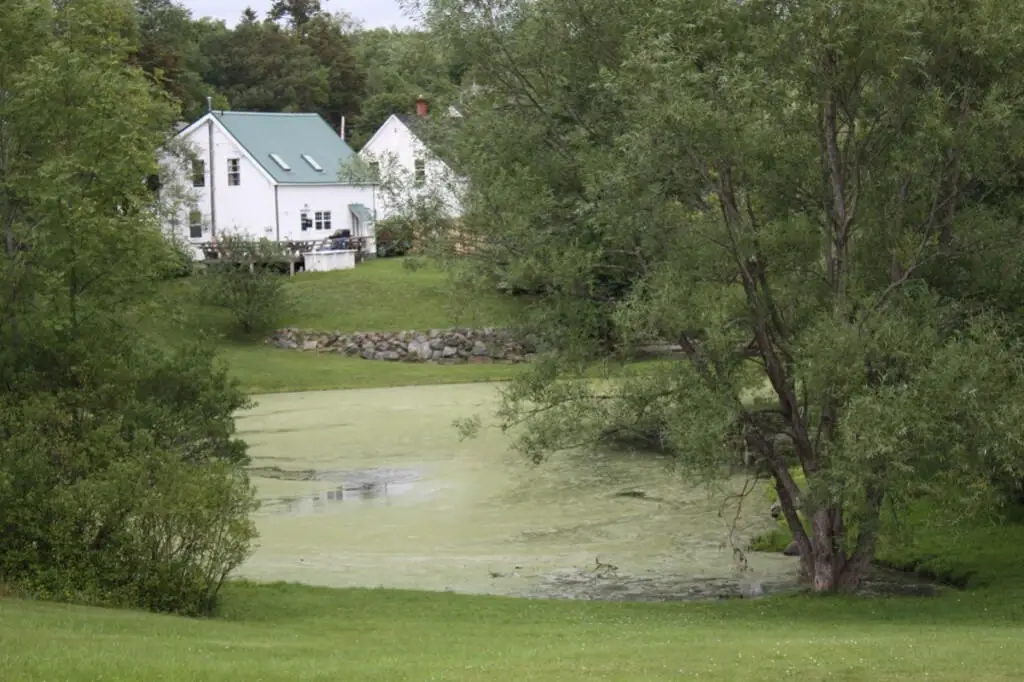
Thomas McCulloch was a well-read man, interested in natural history and ornithology. We can see part of his bird collection in his home. There we also learn that he was friends with John James Audubon, the ornithologist.
Information about McCulloch House can be found here
The Northumberland Fisheries Museum in Pictou
This time we are visiting the Northumberland Fisheries Museum because we still have some time in the city. We are very interested in fishing on the Atlantic coast. The museum can be visited in three parts at the moment: the main part of the collection that we viewed is located in the local railway building. Another part of the collection is in the lighthouse at the harbor and in a fish farm. It is planned to accommodate all exhibits in a new building to be built at the port.
Are you traveling with a motorhome?
- Do you want to rent a motorhome? Then you will find information and a selection in these booking options.
- Check our packing list for campers to see whether you have packed everything for your motorhome tour.
- There are several campsites in the Pictou area. One is Harbor Light Campground, 2881 Three Brooks Rd, Pictou, NS B0K 1H0, Canada. This is only minutes away from the ferry to Prince Edward Island.
The museum offers a glimpse into fishing on the Northumberland coast: we see lobster traps, models of ships and boats used to catch fish and marine species. Below is a huge lobster claw that must have come from a lobster that was over a hundred years old. There is a fisherman's hut, lobster buoys, a swordfish on the museum wall that teaches us fear, and a shell collection that shows us the types of mussels in comparison. The exhibition makes it clear that not only the life of the Scots on land was difficult. Life at sea was and is much more than that.
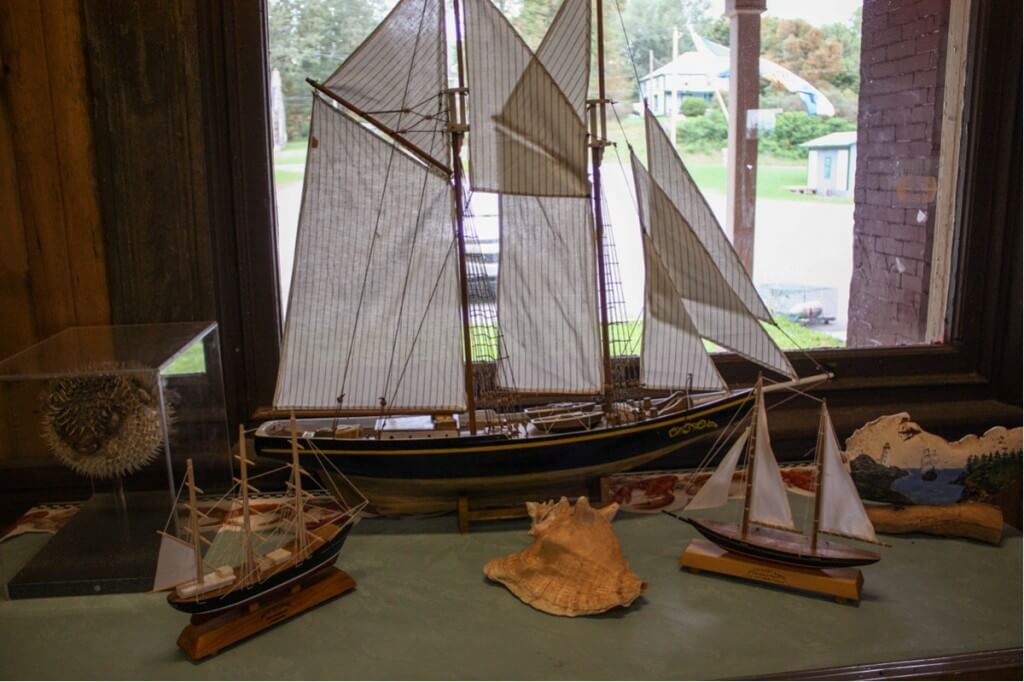
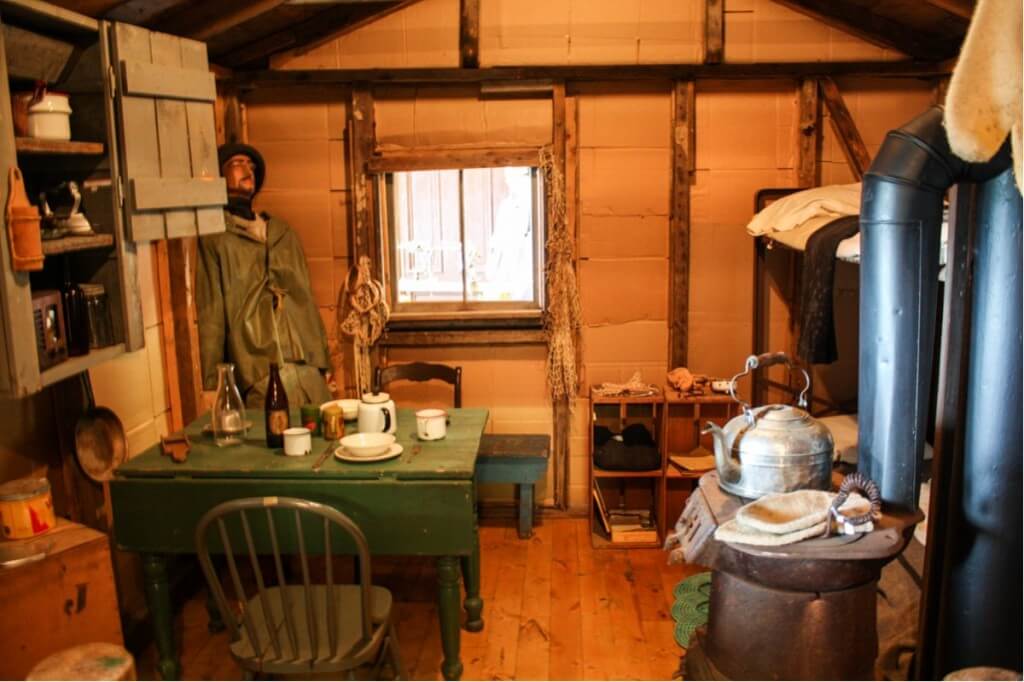
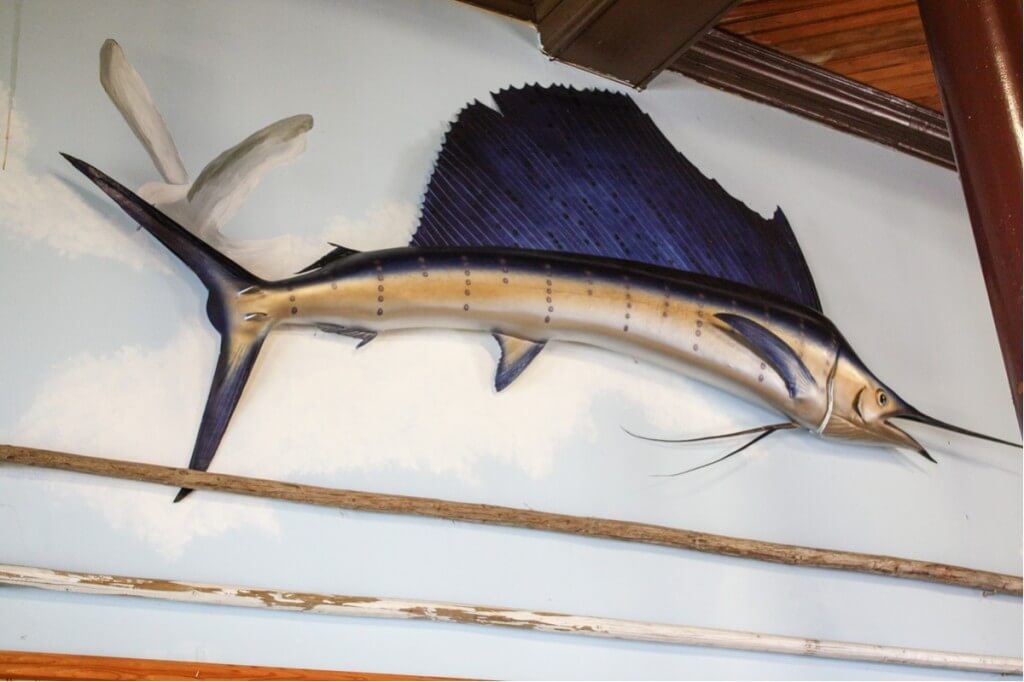
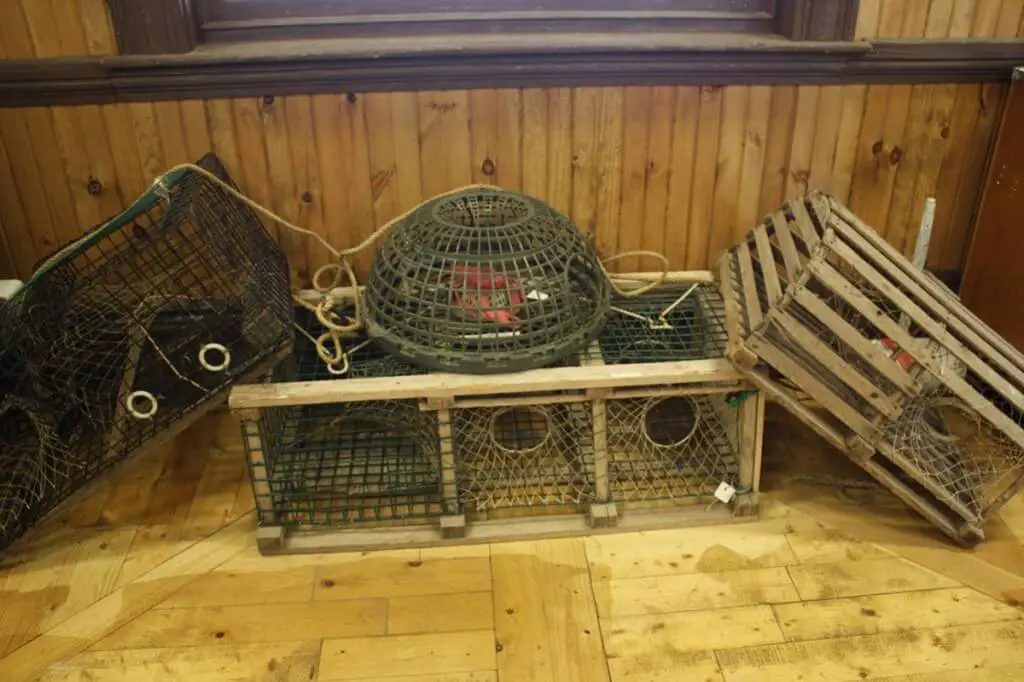
Information about the Northumberland Fisheries Museum is available here
These attractions are open from May to the end of September
In any case, the Scots in Nova Scotia did not find it easy to live in their new home. Even so, it was better than what they had as tenants in their home country: control by the landlord, no real estate and being driven out of their stone cottages in which they lived all year round. Freedom is a seductive good when you don't have it. And if you also have your own land, the incentive to venture into a new world increases. The Scots in Nova Scotia built their world according to their own ideas, including hard life and freedom.
That has to be in your suitcase for a trip to Pictou
- Comfortable Shoes, because in Pictou you will be walking a lot.
- A backpack, in which you have utensils and a Jacket for a day
- Ours is also helpful packing list for the vacationso that you don't forget anything.
- You can also get tips for your Eastern Canada in Travel Guide Canada East *, to which I contributed travel tips.
If you purchase via a link marked *, we receive a commission, which we use to run this blog.
Travel Arrangements:
The Pictou Lodge * you can, for example, easily book via our partner booking.com. Hotels In Pictou you can also find it here.
Parking at the airport
Here you can reserve your parking space at the airport.
Arrival:
For example, book yours here Arrival by plane, bus or train*. Air Canada, Condor and Icelandair fly from Germany to airports in eastern Canada, including Halifax.
Car Rentals:
Cheap car hire - book quickly and easily!
Hotels:
Other hotels on the Sunrise Trail * you can, for example, book through our partner booking.com.
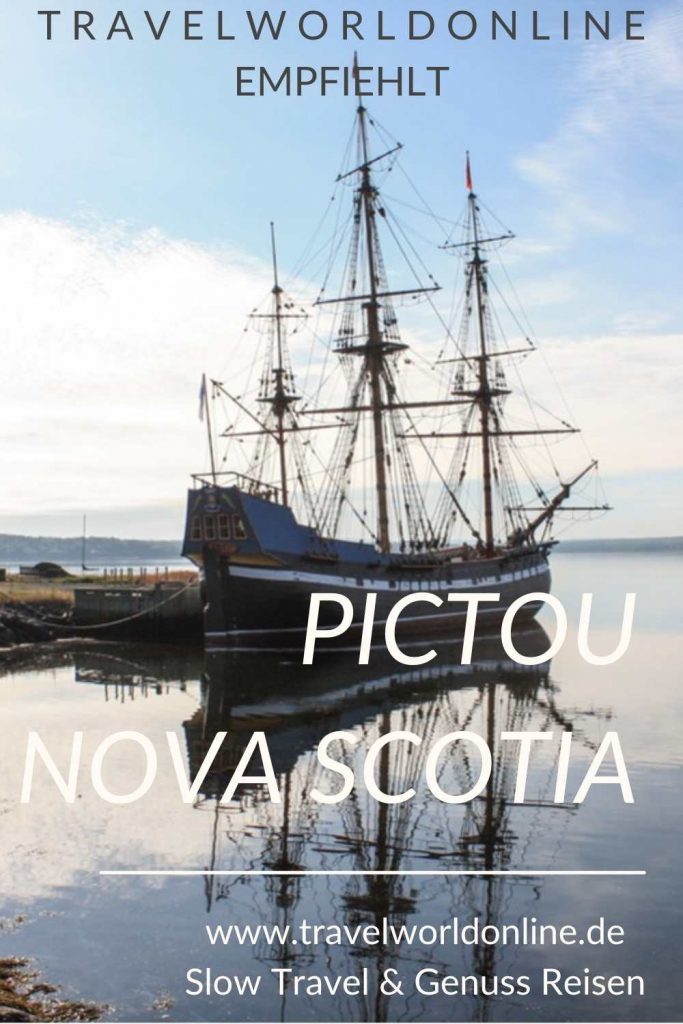
Do you know this?
- The Hector in Pictou brought the first Scots to Nova Scotia
- Pictou Nova Scotia - Dinner with a view
- That's how the Scots lived in Nova Scotia
- Cape Breton in the footsteps of the Scots
- The Cabot Trail Nova Scotia
- America's most popular coastline
- Discover Old Quebec: what's the best way to experience Old Quebec
Source: On-site research supported by Tourism Nova Scotia. However, our opinions remain our own.
Text: © Copyright Monika Fuchs and TravelWorldOnline
Photos © Copyright MonikaFuchs and TravelWorldOnline
